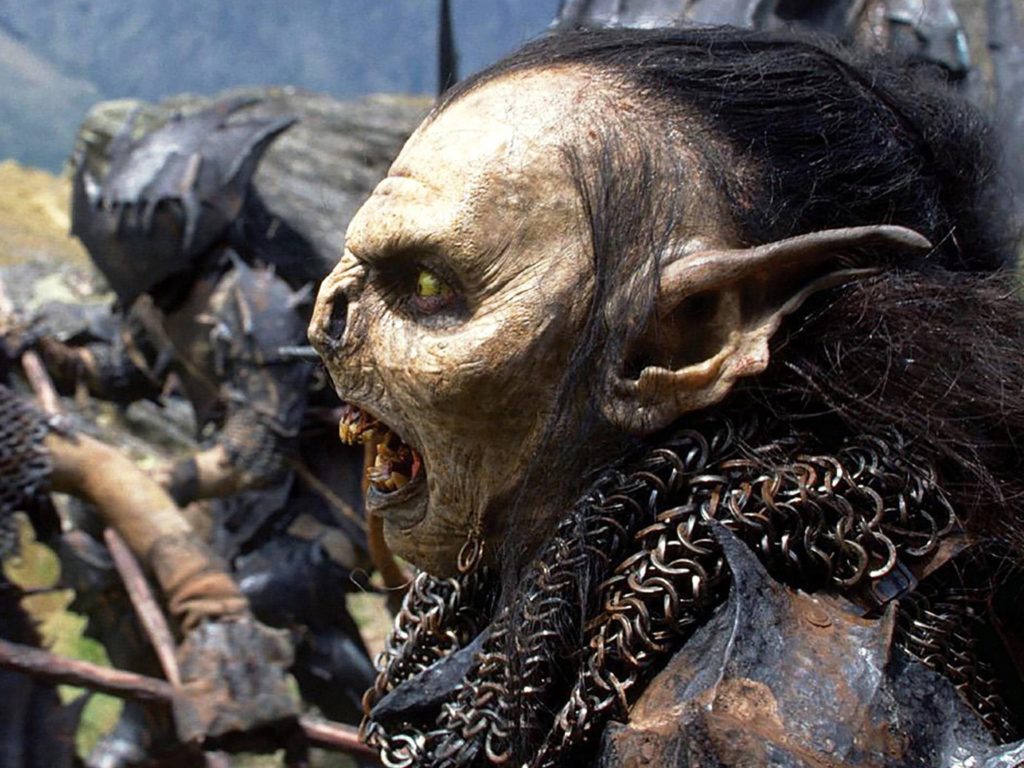The Anglican Church of Canada is fretting about racism again, along with a few other isms:
The words of Archbishop Dawani also came to mind for the Primate in relation to the 70th anniversary of the founding of the World Council of Churches (WCC), which takes place in 2018. This year also marks the 35th anniversary of the sixth assembly of the WCC, which took place in Vancouver and saw then-Primate Ted Scott serve as moderator. At that assembly in 1983, members of Christian churches joined together against social ills including racism, sexism, militarism, and violation of human rights.
“We confess these threats are as great today as they were more than three decades ago,” Archbishop Hiltz said. In March 2018, the WCC held its Conference on World Mission and Evangelism in Arusha, Tanzania, out of which had come a “powerful statement” to Christ’s church throughout the world, The Arusha Call to Discipleship, which also drew inspiration from African spiritual traditions.
As is often the case with the Anglican Church of Canada, the root of the problem has not been unearthed. The ACoC is toying with superficial peccadilloes: it’s really all Tolkien’s fault, the underlying problem is orcophobia. Does anyone seriously think this fellow would stand a chance when applying for a bishop’s job? A clear case of racial prejudice; also, he doesn’t look gay enough.

From here:
Is Lord of the Rings Prejudiced Against Orcs?
The story, which appears in Duncan’s new collection An Agent of Utopia, was also inspired by Michael Moorcock, who has criticized Tolkien for depicting creatures such as orcs, trolls, and goblins as intrinsically evil.
“It’s hard to miss the repeated notion in Tolkien that some races are just worse than others, or that some peoples are just worse than others,” Duncan says. “And this seems to me—in the long term, if you embrace this too much—it has dire consequences for yourself and for society.”


> inspired by Michael Moorcock, who has criticized Tolkien for depicting creatures
> such as orcs, trolls, and goblins as intrinsically evil.
> ” the repeated notion in Tolkien that some races are just worse than others ..”
A little exegesis relevant to the notion of some of X being worse than others of X:
The Silmarillion tells how some of the newly-awakened creatures of Eru Ilúvatar (God) known as Quendi (Elves), were enslaved by Melkor/Morgoth, a rebellious Vala (Angel), who brutalised them and bred them – by means unspecified, but equivalent to modifying their DNA it would seem to me – into the hate-filled orcs, also known as goblins, to serve him and to man his armies. That there might remain a spark of the original Elvish holiness in orcs is suggested by a few passages in Lord of the Rings where orcs in their speech indicate that they hate what they are and the master who made them that way. The inspiration of the legendarium of Tolkien, a Roman Catholic, from orthodox Christian views is fairly obvious. That Tolkien was a friend of the author of The Screwtape Letters,
C.S. Lewis, and hence that they likely debated evil, is well known.
Michael Moorcock is the author of Behold the Man, a time-travel science-fiction work, about the plot of which Wikipedia has the following (accurate, I have read the work):
” He then makes his way to Nazareth in search of Jesus. When he finds Mary
and Joseph, Mary turns out to be little more than a whore, and Joseph, a bitter
old man, sneers openly at her claim to have been impregnated by an angel.
Worse, their child Jesus is a profoundly intellectually disabled hunchback who
incessantly repeats the only word he knows: Jesus, Jesus, Jesus. ”
When the time traveler, a profoundly disturbed man, takes on the role of Jesus from his Bible-based knowledge, he proclaims from the Cross his last agonised words: not “Eloi, eloi, lama sabachthani” of Scripture, but the similarly-sounding English “it’s a lie ..it’s a lie”.
It seems almost unnecessary to contrast the vacuous moralizing of the likes of Andy Duncan and Michael Moorcock with JRR Tolkien and (for that matter) C.S. Lewis, two great writers who not only struggled with the morality of the Great War but experienced it “upfront and personal” in the trenches.
Tolkien knew better – far better than Duncan is ever likely to know – about the “dire consequences” of embracing evil.